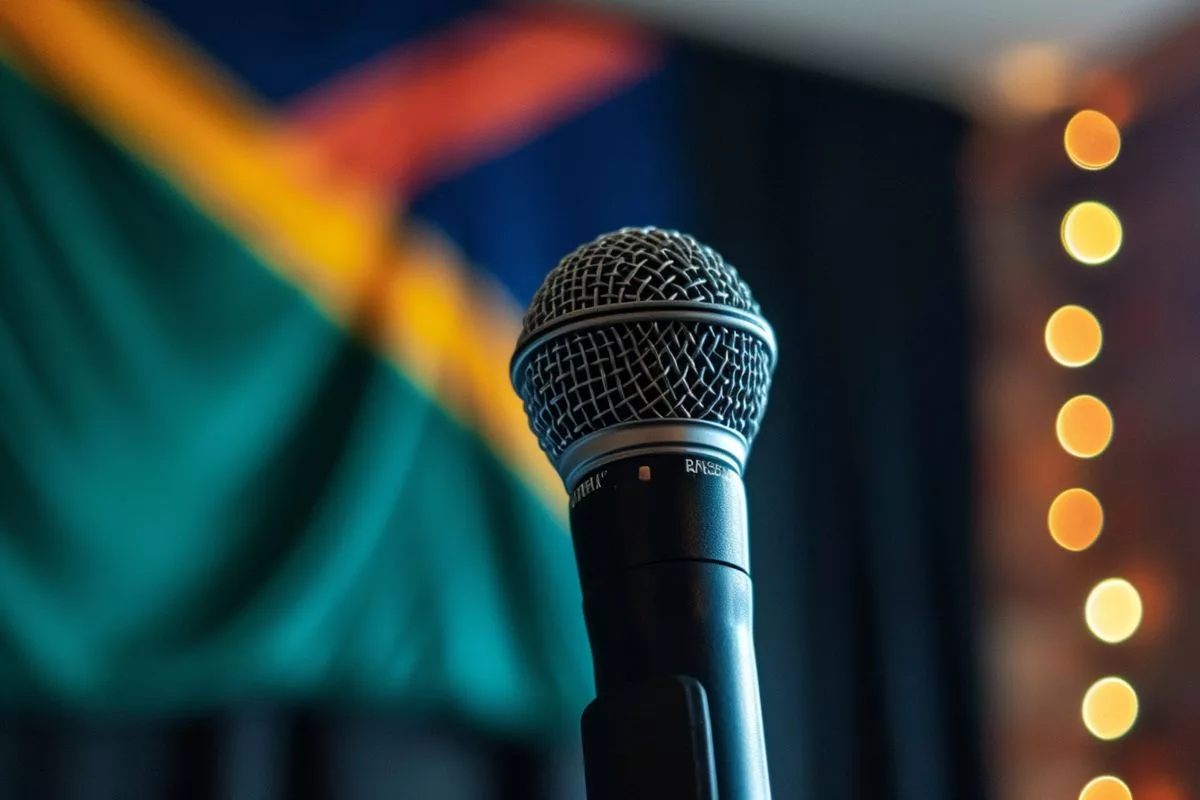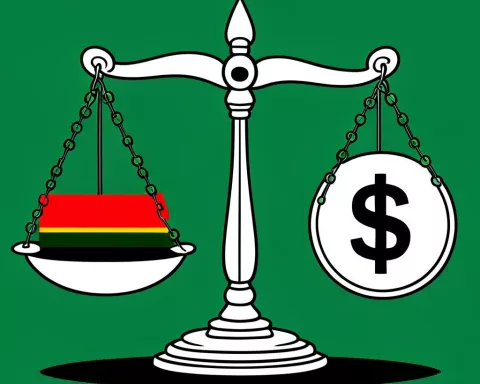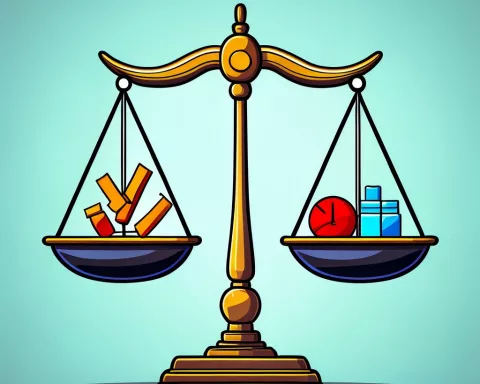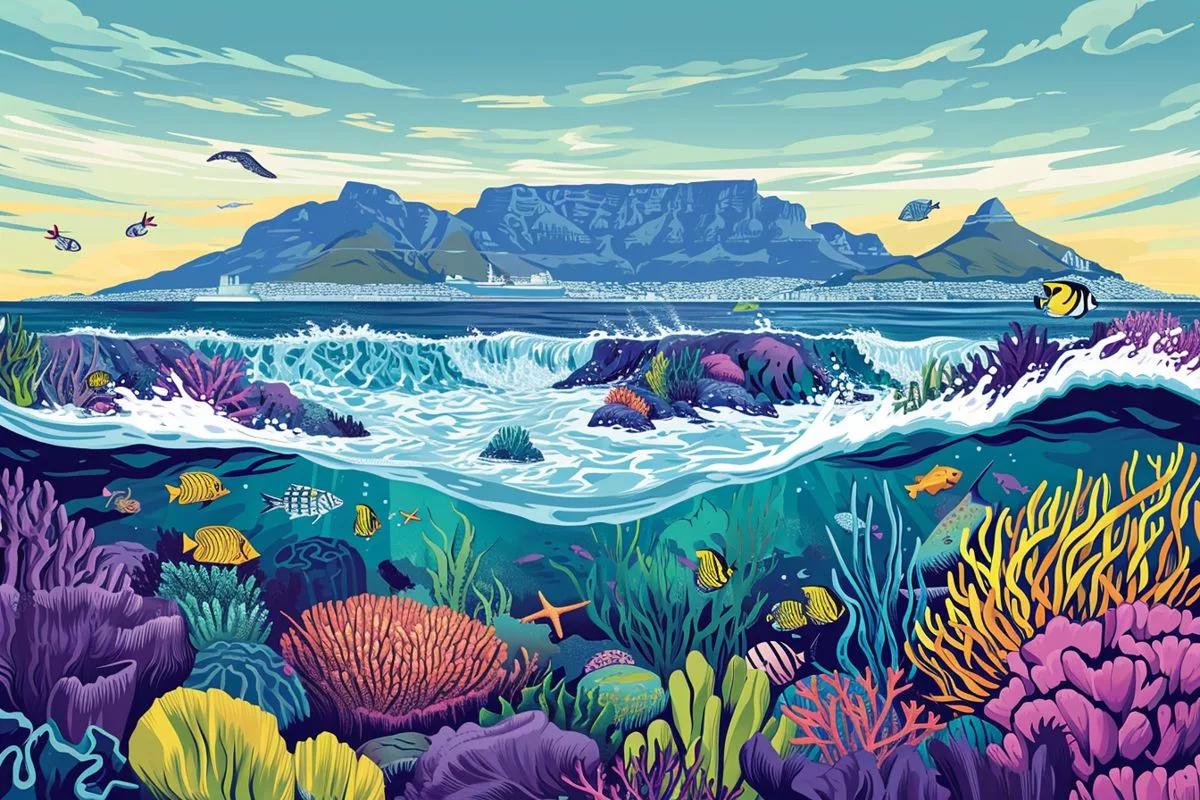Media professionals can apply for accreditation online until 19th January 2024 to document the State of the Nation Address from the Parliament’s heart. The Parliament requires specific details, and no extensions will be given beyond the 19th January deadline. The media plays a crucial role in bridging the gap between the Parliament and the people, connecting the everyday South African to the proceedings of the SONA.
How can media professionals get accreditation for the State of the Nation Address in South Africa?
Media professionals can apply for accreditation online until 19th January 2024 to document the State of the Nation Address (SONA) from the Parliament’s heart. The Parliament requires specific details, including full name as per their ID, media group’s name and role, and contact information. Those who wish to broadcast within the parliamentary vicinity must provide additional information. No extensions will be given beyond the 19th January deadline. Masego Dlula and Malentsoe Magwagwa will assist media personnel through the accreditation process.
A Significant Gathering On the Horizon
Greeting the New Year, South Africa’s political arena stands freshly prepared for another momentous occasion. On 8th January 2024, President Cyril Ramaphosa addressed a letter to the Speaker of the National Assembly, Ms Nosiviwe Mapisa-Nqakula, and the Chairperson of the National Council of Provinces, Mr Amos Masondo. His objective? He requested a Joint Sitting of the two Houses, slated for 8th February 2024. This essential assembly isn’t just any meeting; it paves the way for the disclosure of the State of the Nation Address (SONA).
The SONA isn’t merely an event—it’s a ritual deeply embedding in South Africa’s parliamentary calendar. It provides a glimpse into the government’s policy ambitions and expected achievements for the forthcoming year. It’s an opportunity for the President to reflect on past victories, reveal present challenges, and articulate strategies for future success. Essentially, the SONA sets the legislative agenda for the upcoming financial year, signaling the official inauguration of the parliamentary program.
Call for Media Accreditation
As the SONA date draws closer, the Parliament is welcoming online submissions for media accreditation. Reporters, photographers, and broadcasters are all invited to document the ceremonial proceedings and SONA from the Parliament’s heart. The window for accreditation is open until 17:00 on 19th January 2024.
The Parliament emphasizes the importance of timely application submission, asserting that no extensions will be given beyond the 19th January deadline. Applicants must supply specific details during the online application, including their full name as per their ID, ID number, their media group’s name and role, and contact information.
Media professionals who wish to broadcast within the parliamentary vicinity must provide additional information, including the make and registration number of the required broadcast vehicle, clearance certificates for temporary broadcasting structures, other equipment details, and the planned times of arrival and departure.
For any required help, the Parliament has designated contacts, Masego Dlula and Malentsoe Magwagwa, ready to assist media personnel through the accreditation process.
Bridging the Gap between Parliament and Public
Despite the apparent distance separating the Parliament from ordinary South Africans, the Parliament remains accessible. Although common citizens can’t directly propose bills, they can approach MPs or committees to suggest legislation addressing their concerns. This practice ensures a cyclic relationship between Parliament and the people and guarantees the representation of varied voices.
In line with this inclusive approach, the Parliament extends an invitation to the public to witness its operations firsthand—it offers opportunities to arrange a tour, attend a debate, or connect via the provided contact details.
The Role of Media in Democracy
As the excitement for the State of the Nation Address escalates, the media’s role in this democratic ritual becomes increasingly significant. As the Fourth Estate, the media bridges the divide between the Parliament and the people, connecting the everyday South African to the proceedings of the SONA. The gravity of this function becomes more apparent in light of the forthcoming 2024 Address.
In this story of political growth, media accreditation emerges as a fundamental element. It lays the groundwork for democratic dialogue—a discourse originating within the Parliament’s walls but reaching every South African corner. Whether via a camera lens, the pen’s stroke on notepad, or a broadcaster’s resonating voice, the State of the Nation Address becomes an integral part of the South African narrative, year after year.
1. How can media professionals apply for accreditation for the State of the Nation Address in South Africa?
Media professionals can apply for accreditation online until 19th January 2024 to document the State of the Nation Address (SONA) from the Parliament’s heart. The Parliament requires specific details, including full name as per their ID, media group’s name and role, and contact information. Those who wish to broadcast within the parliamentary vicinity must provide additional information. No extensions will be given beyond the 19th January deadline.
2. What is the State of the Nation Address (SONA)?
The State of the Nation Address (SONA) is an annual event in South Africa’s parliamentary calendar that provides a glimpse into the government’s policy ambitions and expected achievements for the forthcoming year. It sets the legislative agenda for the upcoming financial year, signaling the official inauguration of the parliamentary program.
3. What is the deadline for media accreditation applications?
The deadline for media accreditation applications is 17:00 on 19th January 2024. The Parliament emphasizes the importance of timely application submission, asserting that no extensions will be given beyond the 19th January deadline.
4. What information must media professionals supply during the online application for accreditation?
Applicants must supply specific details during the online application, including their full name as per their ID, ID number, their media group’s name and role, and contact information. Media professionals who wish to broadcast within the parliamentary vicinity must provide additional information, including the make and registration number of the required broadcast vehicle, clearance certificates for temporary broadcasting structures, other equipment details, and the planned times of arrival and departure.
5. How can the public engage with the Parliament?
The Parliament extends an invitation to the public to witness its operations firsthand—it offers opportunities to arrange a tour, attend a debate, or connect via the provided contact details. Although common citizens can’t directly propose bills, they can approach MPs or committees to suggest legislation addressing their concerns.
6. What is the role of media in democracy?
As the Fourth Estate, the media bridges the divide between the Parliament and the people, connecting the everyday South African to the proceedings of the SONA. Media accreditation becomes a fundamental element in laying the groundwork for democratic dialogue originating within the Parliament’s walls but reaching every South African corner.












